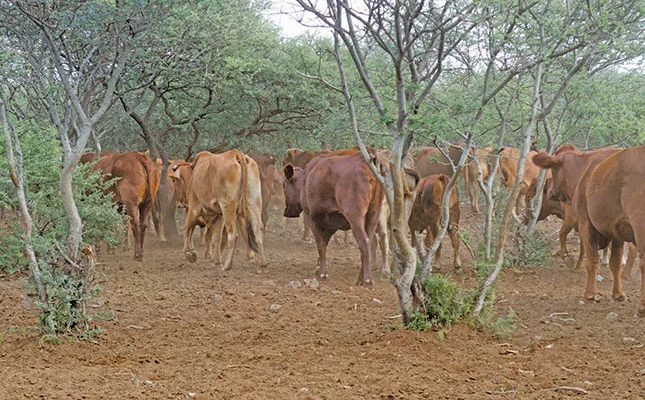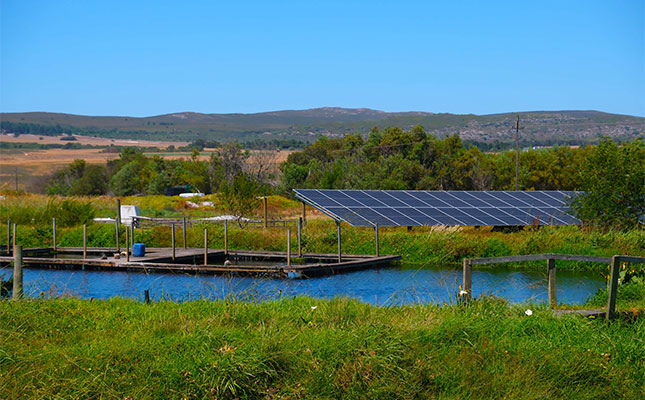
Until now, the Western Cape was one of only two provinces that had not been affected by the recent outbreaks of foot-and-mouth disease (FMD), the other being the Northern Cape.
Farm quarantined in Gouda
According to a statement from the Western Cape Department of Agriculture, placing the farm under quarantine was a precautionary measure after a farmer in the Free State notified officials on 1 November of suspected FMD lesions on cattle recently transported to his farm from Gouda.
During an inspection by Western Cape Veterinary Services, veterinarians observed the lesions on several cattle. Samples were collected and sent for laboratory testing to confirm or rule out the presence of FMD, the statement read.
“Two additional farms in Velddrif and Bredasdorp [in the Western Cape], where cattle from the same source had been moved on 30 October, have also been placed under quarantine. These farms will undergo further inspection and testing,” the department added.
The department confirmed that the origin of the potentially infected cattle is still being verified. It is also investigating the transport company responsible for moving the animals, and all farms linked to this company within the past 30 days will be contacted and inspected.
The department added that movements of cloven-hoofed animals into and within the province must be reported via its online form.
Minister warns of legal action
Minister of Agriculture John Steenhuisen issued a stern warning. “People who do not comply with the regulations put in place to curb the spread of foot-and-mouth disease will face criminal charges.
“I call on everyone, from the farm gate and the auction house to the abattoir and the consumer, to take biosecurity more seriously. It is important to understand that biosecurity is everybody’s responsibility,” he told Farmer’s Weekly.
Steenhuisen also reminded stakeholders that Section 11 of the Animal Diseases Act (No. 5 of 1984) places a legal duty on animal owners and managers to take all reasonable steps to prevent infection and the spread of disease between properties.
He added that while South Africa continues to source FMD vaccines from Botswana, efforts are also under way to secure additional supplies from Türkiye.
“It should, however, be noted that the efficacy of the Turkish Dollvet vaccine against the South African Territories strains [of FMD], particularly the topotypes causing the outbreaks here, is not [yet] known. The vaccine must still be tested for efficacy,” Steenhuisen explained.
The department urged farmers to remain vigilant and cooperate fully with veterinary authorities as the tracing continues.
Get trusted farming news from Farmers Weekly in Google Top Stories.
➕ Add Farmers Weekly to Google ✔ Takes 10 seconds · ✔ Remove anytime








